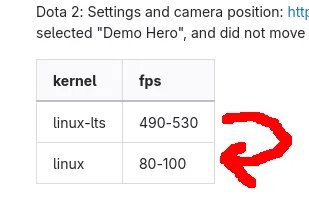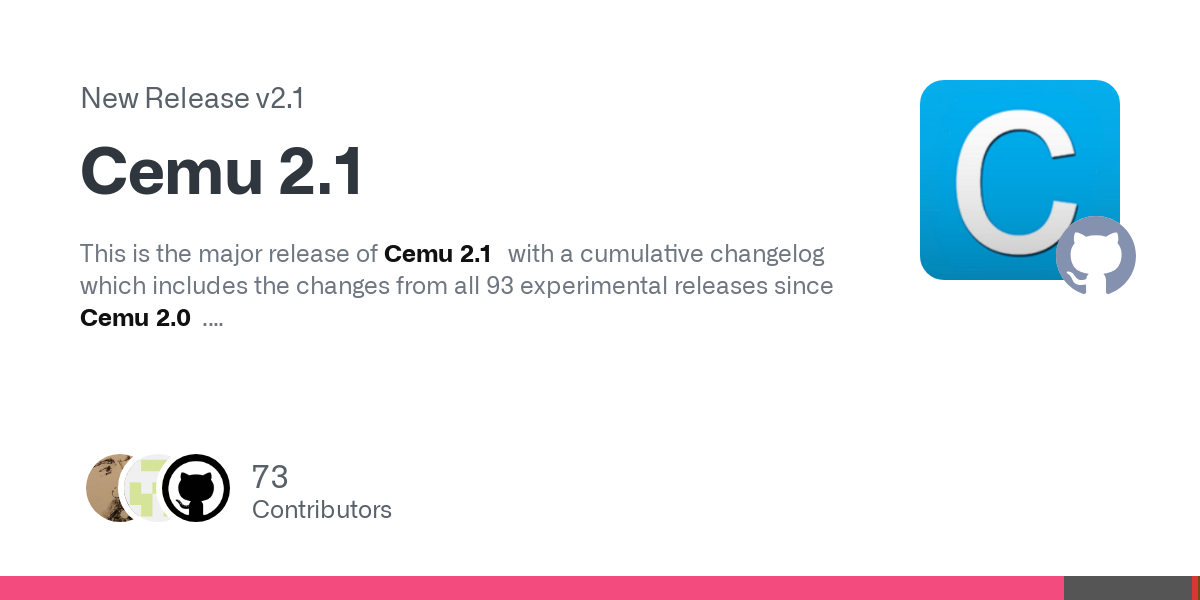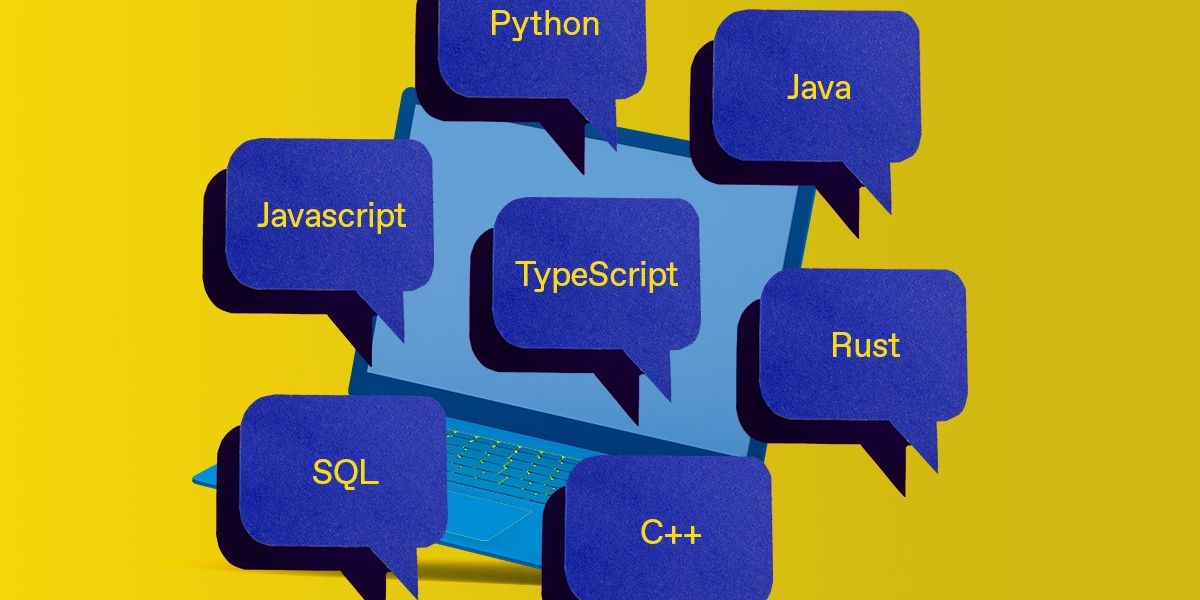One pattern I’ve noticed is people seeking a language that’s better than {JSON,XML,INI,etc} at wrangling their slightly complex configuration files, noticing the additional features and type support offered by YAML, and assuming it will be a good solution.
Then, as their configs grow ever larger and more complex, they discover that expressing them in YAML requires large sections of deep nesting, long item sequences, and line wrapping. The syntax style that they saw working well in other places (e.g. certain programming languages) breaks down quickly at that level of complexity, making it difficult for humans to correctly write and follow, and leading to frequent errors.
YAML doesn’t suck for small stuff, IMHO. (But it is more complex than necessary for small stuff.)
For things likely to grow to medium-large size or complexity, I would recommend either breaking up the data into separate files, or looking for a different config/serialization language.



















In that case, I suggest learning Mercurial first. Its underlying design is very similar to Git, but the interface is more consistent and does a much better job of presenting the concepts to humans (especially those already familiar with traditional version control). Then, once you’re comfortable with the concepts and commands in Mercurial, learn Git, since it’s everywhere nowadays.
Consider learning at least one new language. Java is only one of many (and not even a particularly nice one IMHO). Try to find a language that you enjoy using; your programming life will be better for it. If you want something flexible and productive, consider Python. For more structure than that, maybe Go. If mobile apps interest you, there are Kotlin (Android), Swift (iOS), and Dart (both). If web development appeals to you, along with lots of job openings and lots of competition for those jobs, JavaScript. If you fancy the esoteric (and well-paying), Elixir and Erlang are worth a look. Lower level languages are in demand as well (e.g. C++, Rust) but they come with various kinds of pain that I wouldn’t recommend to someone in your situation.
Above all, please make sure you’re reserving time for things that make you happy, sleep, and (if still possible) some kind of exercise. Your own physical and mental health are important. If you endure a bad working environment or wear yourself thin for too long, you will burn out, which won’t help you provide for yourself or anyone else.
Take care, OP.